Talking Climate, Jobs, and Energy from D.C. to Cancun
House committee holds hearing on climate change as climate negotiators meet in Cancun.
UPDATE: Wednesday’s hearing was the last for the Select Committee on Energy Independence and Global Warming. The new GOP leadership has indicated that it will eliminate the committee when it takes control of the House of Representatives in January, according to the Associated Press.
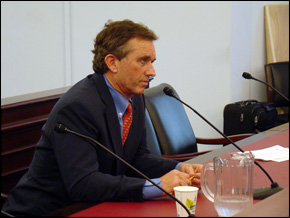
“The global warming committee doesn’t need to be a separate committee,” said John Boehner (R-Ohio), who will be the House Speaker next session, to the AP. “We believe the Science Committee is more than capable of handling this issue, and in the process we’ll save several million dollars.”
The top Republican on the committee James Sensenbrenner of Wisconsin argued that the committee should be spared as a forum for debate, Reuters reports.
The committee’s final hearing was poorly attended, according to Reuters. Retired General Wesley Clark was scheduled to speak but did not show, and Robert F. Kennedy Jr, chairman of the Waterkeeper Alliance, testified late because storms delayed his flight from New York.
Climate change, jobs, and energy were discussed at a U.S. House of Representatives committee hearing today.
Also speaking was Peter Gleick, president of the Pacific Institute research center, who testified that the effects of global warming–such as rises in sea level, changes in the hydrologic cycle and the spread of disease–are apparent and occurring sooner than anticipated.
“There is growing evidence from the real world,” Gleick told the committee, “that climate changes are accelerating faster than we originally feared and that impacts–already appearing–will be more widespread and severe than expected. This makes the arguments against taking actions against climate change not just wrong, but dangerous.”
Gleick suggested a national energy policy that encourages clean energy investment by offering tax credits and loan guarantees, as well as environmental standards for all greenhouse gas emissions, not just carbon dioxide. He also recommended smarter land- and water-use planning, especially in areas most vulnerable to climate change effects, such as along coastal regions.
Chaired by Rep. Edward Markey (D-Mass), the select committee was formed by House legislation in 2007. It has the authority to investigate, hold hearings and make recommendations, but it cannot make laws. This is the tenth hearing it has held this year.
Today’s committee hearing coincided with the beginning of climate negotiations in Cancun, Mexico where delegates from 190 countries are convening for the 16th United Nations climate change conference.
Because hopes for a breakthrough treaty on limiting carbon emissions fizzled last year, delegates are attending this year’s meeting with lowered expectations. The UN conference runs through December 10, with heads of state and high-level delegates arriving on December 7.
Read more on the intersections of water and climate on Circle of Blue.
Circle of Blue is a nonprofit affiliate of the internationally recognized water, climate, and policy think tank, the Pacific Institute.
Brett writes about agriculture, energy, infrastructure, and the politics and economics of water in the United States. He also writes the Federal Water Tap, Circle of Blue’s weekly digest of U.S. government water news. He is the winner of two Society of Environmental Journalists reporting awards, one of the top honors in American environmental journalism: first place for explanatory reporting for a series on septic system pollution in the United States(2016) and third place for beat reporting in a small market (2014). He received the Sierra Club’s Distinguished Service Award in 2018. Brett lives in Seattle, where he hikes the mountains and bakes pies. Contact Brett Walton

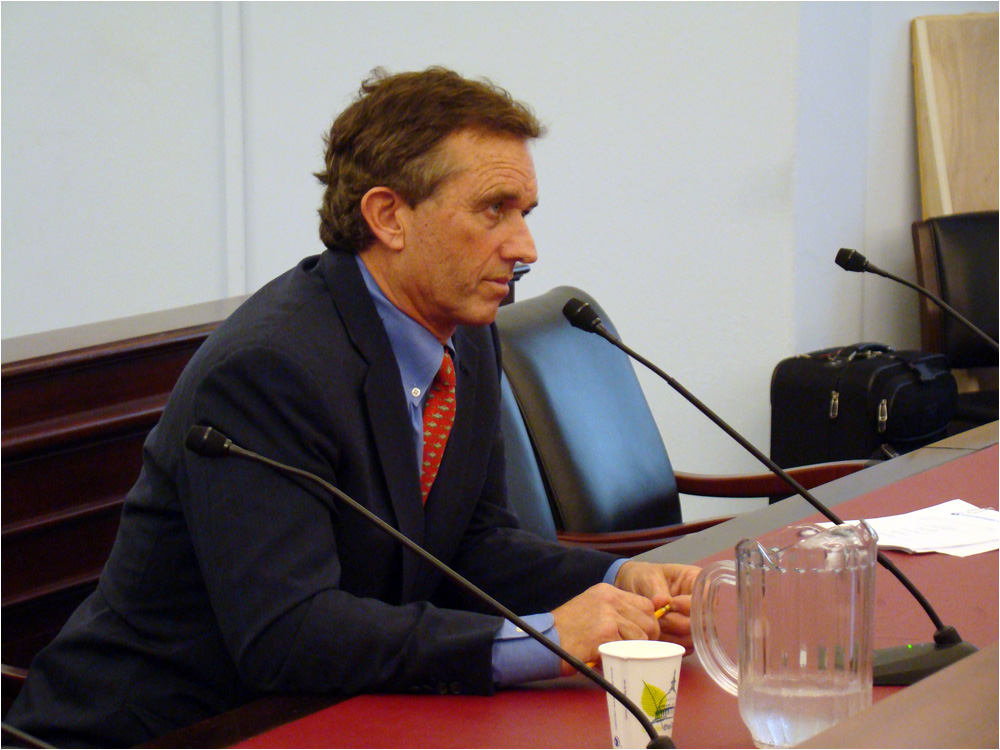
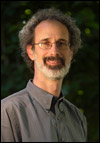

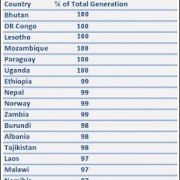
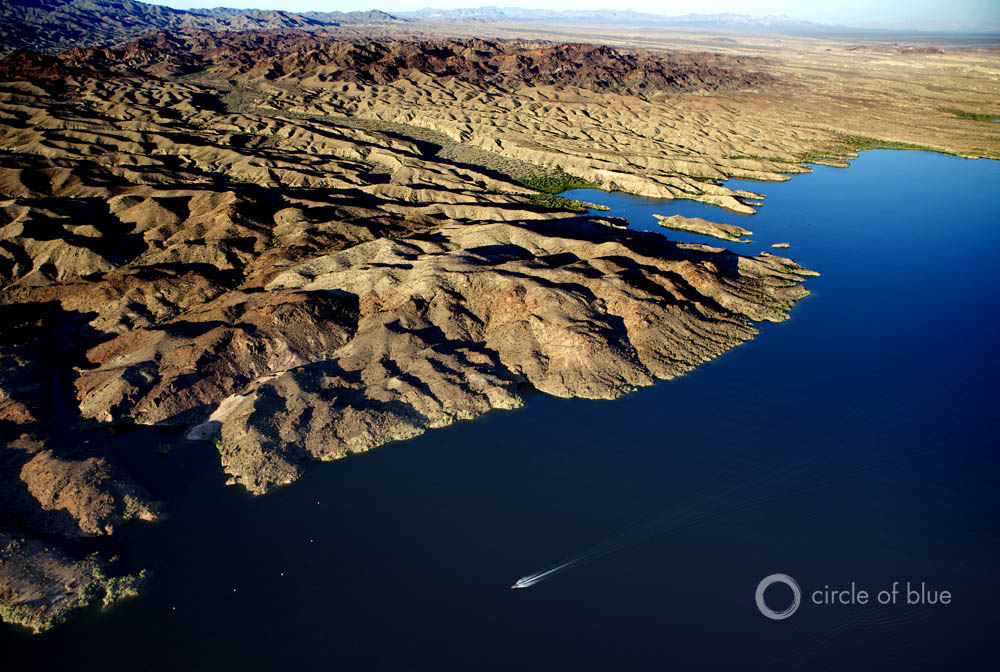
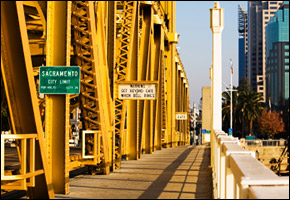


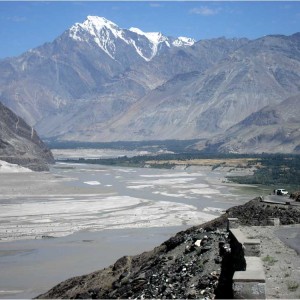
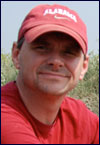
Leave a Reply
Want to join the discussion?Feel free to contribute!